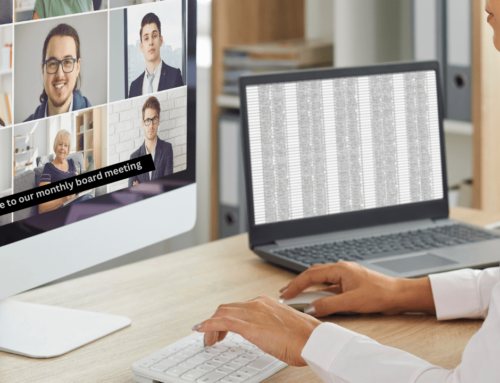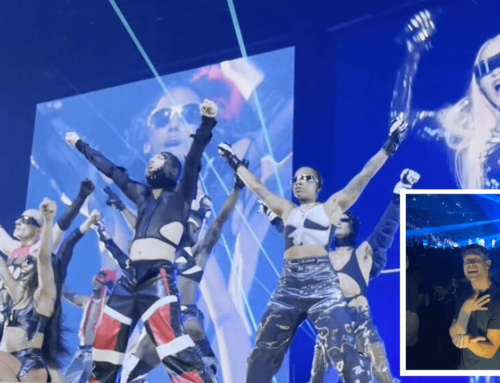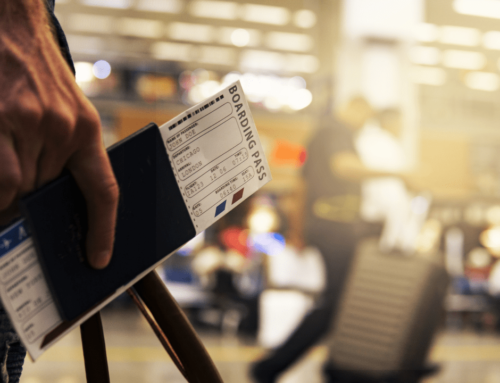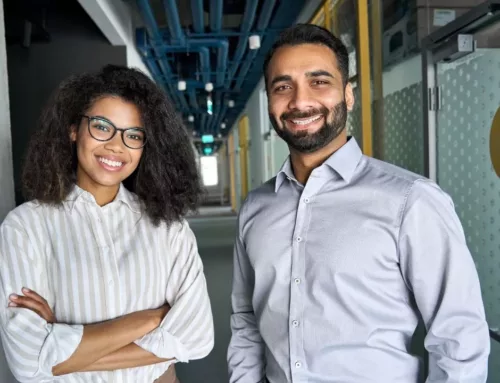All businesses are hungry for the expertise that takes them to the next level. But what, exactly, is expertise? Acronyms like “SME” (Subject Matter Expert), “ninja,” and “rock star” have long been standard in job descriptions.
Everyone always wants a rock star. But it’s not limited to an MBA, university prestige, or other paper credentials. Nowadays more and more enterprises are engaging another type of rock star: authenticity, the kind that comes from day-to-day lived experiences. This is the new secret sauce: since the customer is (still) king, why not directly utilize Deaf and hard of hearing professionals to help guide how you create a deaf-friendly establishment?
They, along with other customers in the disability community, know what they want, are highly selective about spending on businesses that match their ideals and needs, and collectively have trillions in spending power.
A Google search engine query for “DEI jobs,” which are roles focused on improving Diversity, Equity, and Inclusion, nets a whopping 841 million results. In recent years, inclusion became a new lens on how to do business. Though sometimes done performatively, DEI is part of the same zeitgeist as the “Great Resignation” and the game-changing shift to remote work.
When it comes to DEI tailored to deaf and hard of hearing customers, the famous disability activism mantra “nothing about us, without us” comes into play.
Another term to watch: Authentic representation, which has become a hot topic for how we tell stories in the entertainment and media field. For example, producers of the movie CODA initially proposed casting bankable hearing stars, teaching them sign language in order to portray the Deaf members of the film’s seafaring family. Actor Marlee Matlin put her foot down, insisting “deafness is not a costume you can put on.” The rest is history: CODA won a slew of Academy Awards, and continues inspiring conversations about lived experiences and authenticity.
It’s not limited to Hollywood. Refusing to wear deafness as a costume is an apt metaphor for all business, including fashion. In 2021, a major retailer released a line of accidentally-salacious American Sign Language T-shirts. The cost and scale of this mistake (the entire line of tees were quickly removed from stores) vastly outnumbered what it would have cost to hire deaf, hard of hearing sign language-fluent consultants to vet the design beforehand.
That’s why, as job titles like “accessibility coordinator,” “DEI manager,” “consumer insights – diversity” become more common, there is zero substitute to directly engaging with your customers who identify as deaf and hard of hearing.
With one out of four Americans experiencing a disability, it’s a big risk to not to understand their lived experiences: for a coffee company, that means understanding how deaf and hard of hearing people enter the physical spaces, how they communicate with baristas, and everything else they need to enjoy a smooth experience from start to end.

Deaf and hard of hearing individuals, numbering 48 million (and counting) in the U.S., are everywhere. Those numbers make it simpler than ever to find and reach out to them whether they are employees in your workplace, or networking with Deaf Communities to join a paid focus group, or many other ways of getting feedback – such as browsing the reviews from deaffriendly, a consumer review site tailored specifically for people with daily lived experiences of being a deaf and hard of hearing customer navigating a predominantly audio-centric world.
The higher the stakes are, the more important it is to do this. The healthcare field is dominated by highly-educated workers. Despite the mind-blowing strides made in science, medicine, and research, something else remains stagnant year after year: miscommunication and accessibility neglect continue to cost lives, limbs, and well-being of many of deaf and hard of hearing patients, not to mention embroil healthcare providers in unnecessary and avoidable legal issues.
Whether they’re spending their money in the food industry or in healthcare, the bottom line is: deaf and hard of hearing people are the most qualified employees or consultants to tell you how you can improve consumer experiences for their unique communities.
Getting started is simple, because we’ve spent a decade building a trove of reviews from all over the U.S, tapping into deaf and hard of hearing consumer insights across multiple industries, and used all that to build a national library of learning options. Browse your business’ category for free (www.deaffriendlylearning.com) or message us (consulting@deaffriendly.com) to help you become more inclusive.






